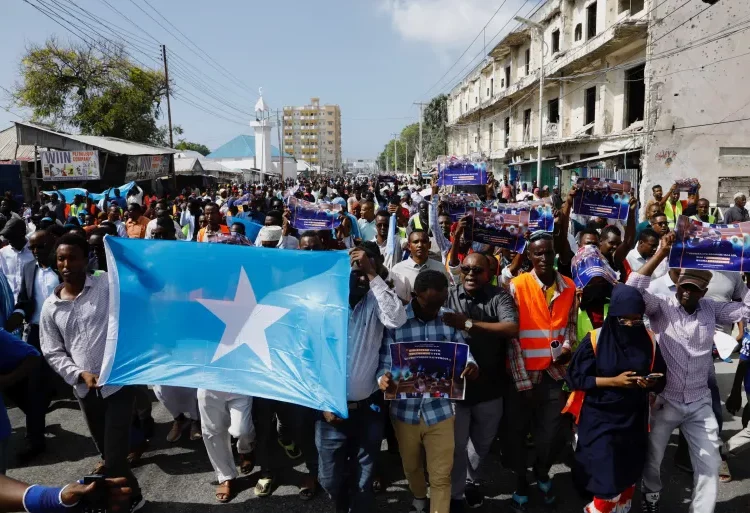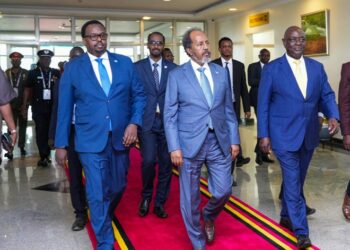In the simmering geopolitical cauldron of the Horn of Africa, a recent development has sent shockwaves through the region, exacerbating existing tensions and challenging long-held territorial and sovereign norms. The Memorandum of Understanding (MOU) between Ethiopia and Somaliland, granting Ethiopia access to a significant portion of Somaliland’s Red Sea coastline, has not only stirred controversy but also raised serious questions about regional stability and the sanctity of national borders.
From Somalia’s perspective, this agreement represents a direct affront to its sovereignty and territorial integrity. The MOU, which extends beyond a simple lease agreement to include Ethiopia’s future recognition of Somaliland as an independent state, is seen as a blatant violation of international law and norms. Somaliland’s unilateral declaration of independence in 1991 has never been recognized by Somalia nor by the international community, rendering any such agreement involving its territory illegitimate in Mogadishu’s eyes.
The deal also brings to the fore the geostrategic importance of the Red Sea region. This vital maritime corridor, extending beyond the narrow confines of the Red Sea to encompass the Gulf of Aden and parts of the Arabian Sea, is a critical gateway for international trade and military strategy. The Bab el-Mandeb Strait, a chokepoint leading to the Red Sea and the Suez Canal, is of particular strategic significance. Somalia views the Ethiopian-Somaliland agreement as a maneuver that could potentially alter the delicate balance of power and influence in this crucial region.
The internal political contexts of Ethiopia and Somaliland are not lost on Somalia. Ethiopian Prime Minister Abiy Ahmed, grappling with significant internal challenges, and Somaliland President Muse Bihi Abdi, whose authority is contested, are perceived in Mogadishu as leaders seeking external victories to bolster their precarious domestic positions.
For Somalia, the potential regional and international implications of the MOU are alarming. The agreement could lead to new alliances and defense pacts within the Horn of Africa, involving regional powers like Egypt, Turkey, Djibouti, and Eritrea. This is particularly concerning given ongoing disputes such as the one over the Nile River waters and the Grand Ethiopian Renaissance Dam.
Furthermore, the MOU resurrects uncomfortable historical tensions. Prime Minister Abiy’s assertion of Ethiopia’s historic right to a Red Sea presence echoes a narrative of Ethiopian expansionism that has long been a source of apprehension among its neighbors. This stance, reminiscent of past conflicts and interventions, is particularly troubling for Somalia, which remains vigilant about its territorial sovereignty.
The role of global powers in the region, particularly the United States, European Union, and NATO, is viewed with a mix of skepticism and concern. While these entities officially promote regional stability and respect for territorial integrity, their complex web of strategic interests suggests a more nuanced, and potentially self-serving, involvement.
In this context, the U.S.’s dual engagement in Somalia and Somaliland is seen as particularly duplicitous. While supporting the Federal Government of Somalia in its fight against Al-Shabaab, the U.S. simultaneously engages with the Somaliland authorities, a move that Somalia perceives as undermining its sovereignty and efforts towards national unity.
The Ethiopian-Somaliland MOU, from Somalia’s perspective, is more than a bilateral agreement—it’s a challenge to the established norms of territorial sovereignty and regional stability. It’s a development that underscores the enduring complexities of Horn of Africa politics, where historical grievances, national ambitions, and global strategic interests intertwine in a volatile and ever-shifting landscape.














